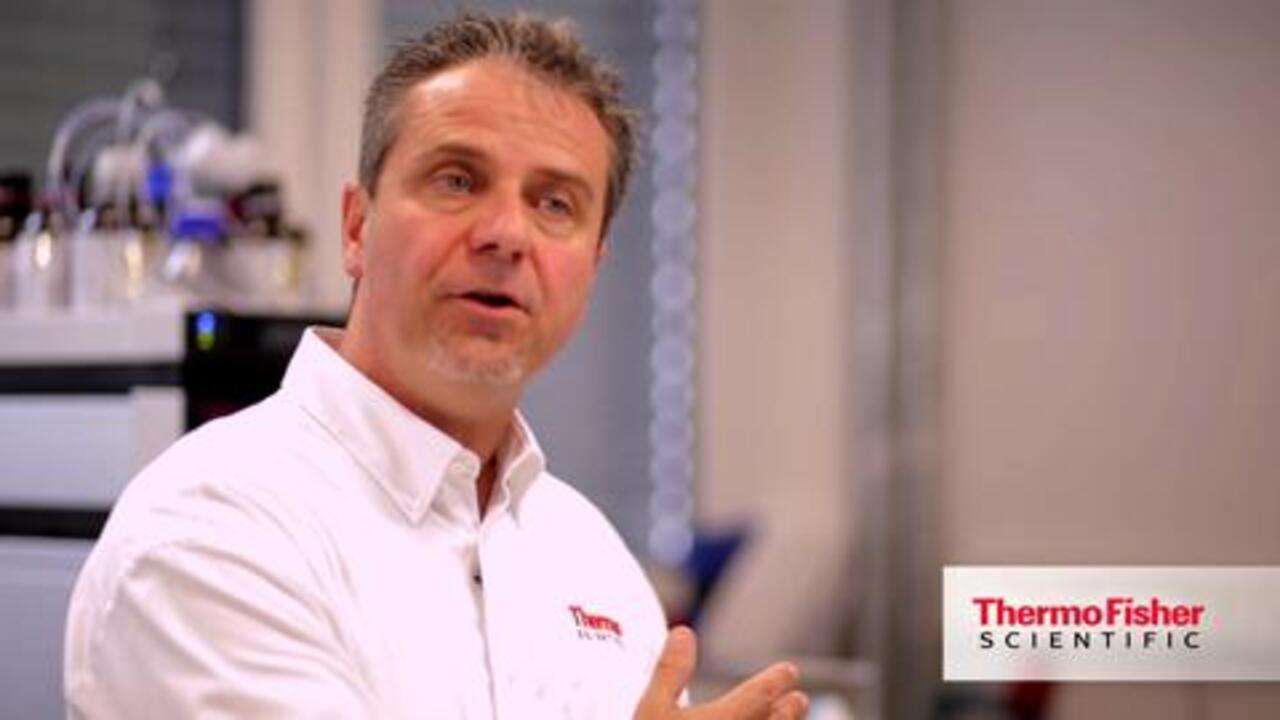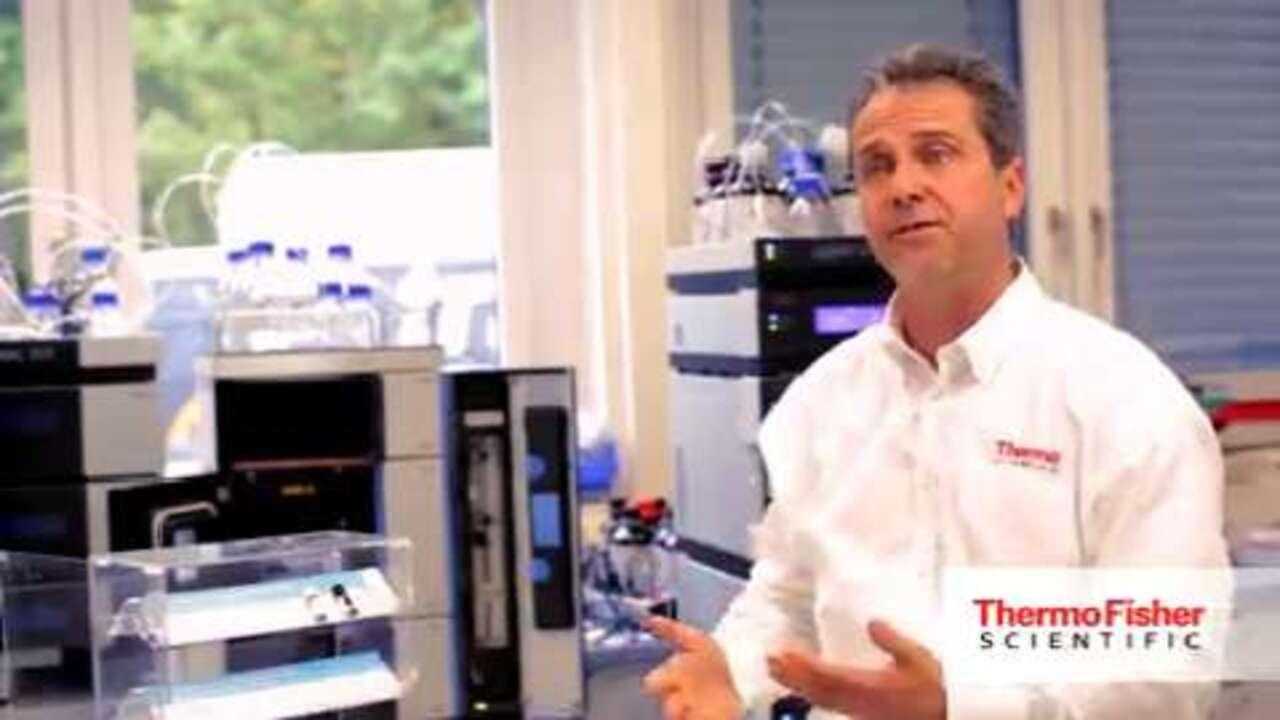Search Thermo Fisher Scientific
Beer Testing Information

Beer should ONLY be beer
Beer is the most widely consumed alcoholic beverage in the world. Beer is typically brewed from three basic ingredients: water, a starch source brewer’s yeast, and a flavoring agent such as hops. Many varieties of beer result from differences in these ingredients, the additives used, and the brewing process. Thermo Scientific instruments help in testing the quality, consistency and purity of the final product.
Fully-integrated Multiparameter Analysis
With the liberating technology of Gallery discrete analyzers you can deliver reliable analyses for multiple parameters—like bitterness, acidity and sugar content—all from a single sample.
On-demand webinar: Automated Malt Analysis using Discrete Analyzers
Learn about new automated methods in malt analysis, with Aaron McLeod of Hartwick College, Center for Craft Food and Beverage, USA. Discrete analyzer technology offers faster, reproducible results with less sample and reagent use. We will explain experiences compared to the standard methods and will show repeatability and method comparison results.
Solutions for the Complete Brewing Process
Isohumulones form approximately 80% of the typical bitterness of beer. Their antimicrobial effect leads to a sterile beverage, their tensioactive character stabilizes the foam, and they have a major influence on the general flavor, smell, and smoothness of beer.
Quality Control & Testing for Crafting your Best Brews
As a brewer, you use both art and science to serve your customers safe, fresh beers with great character. Your business depends on quality, consistency, and flavor – which requires precision, efficiency and expertise. Learn how Thermo Scientific can support your quality testing with an unmatched combination of durable equipment, purchasing convenience and solid end-to-end customer service.
Streamlining the Test Process in a German Beer Production Facility
Radeberger Group uses only the highest quality ingredients, such as, hops and malt, allowing them to maintain their standards and produce the best beers. In fact, they have received numerous awards that provide evidence of the excellence and consistency of their brands.
Quality, Consistency, Efficiency – Helping Microbreweries Streamline Their Process
In 1887 Murphy and Son Limited was established by Albert John Murphy as a supplier of brewing components. While developing his products, Murphy realized the importance of formulating water treatment techniques that could be used to complement the specific characteristics of a beer.
Ion Chromatography: A Versatile Technique for the Analysis of Beer
Ion chromatography is an efficient technique for the analysis and quantification of ions in solution. Although there are several techniques that have been used for the analysis of beer, ion chromatography is rapidly becoming the method of choice.
The specific aroma of beer is predominantly controlled by ingredients derived from hop, in particular the exact pattern of isohumulones. The BeerNHop solution is based on HPLC and provides an easy tool to accurately determine the isohumulone profile in the final product and in raw material for a systematic approach of innovative flavors and qualities that can make the difference.
Quality attributes of beverage testing by integrated wet chemical analyzer
Achieving product consistency for malt, beer, wine, cider and other beverage analysis requires analysis of multiple parameters using several automated instrumentations and/or bench-top chemistry procedures. This webinar discusses how a integrated discrete analyzer simultaneously automates analysis from a single sample offering fast turnaround, reduced human error, reduced reagent use, and expanded laboratory analytical capabilities.
No records were found matching your criteria
¿Color correcto? ¿Sabor correcto? Asegúrese con BeerCraft
Garantice la consistencia de lote a lote con el Software Thermo Scientific BeerCraft y los espectrofotómetros GENESYS 50 o 150 UV-Vis. Las pruebas programadas proporcionan un análisis de calidad fácil y rápido, sin necesidad de experiencia técnica.

Food and Beverage Resource Library
Access a targeted collection of scientific application notes, case studies, videos, webinars and white papers for food microbiology, manufacturing and processing, beverage testing, analytical testing, and authenticity information.










